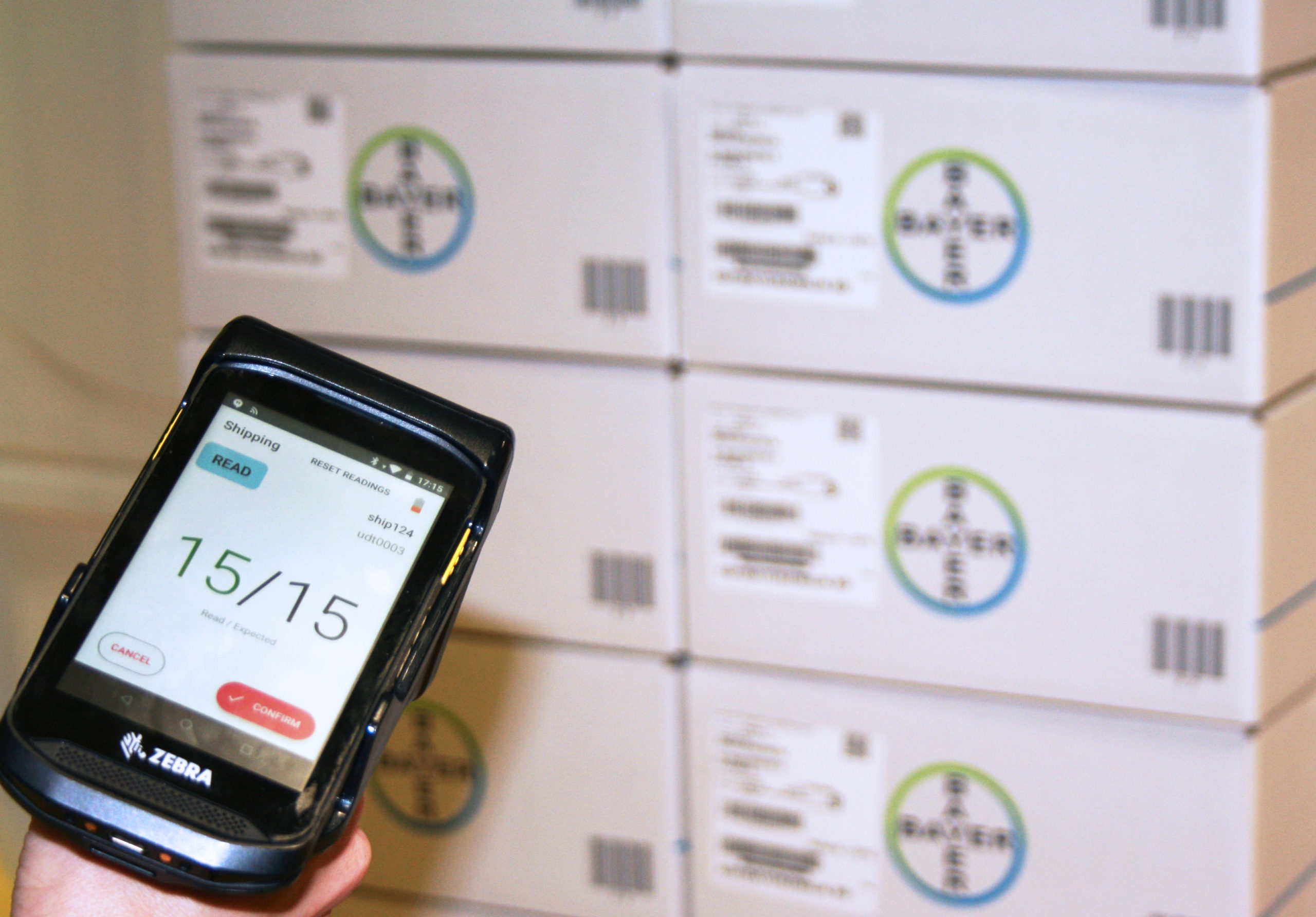Artificial Intelligence is often talked about but as often misunderstood. What are the benefits and what does it mean to implement AI in your logistics operations? There are key areas to look at and many questions that need to be answered. We spoke to Asparuh Koev, Co-Founder and CEO of Transmetrics, about what AI is, how it is useful for logistics and more.

Asparuh, what should we understand as AI when it comes to logistics operations?
Artificial Intelligence can provide a robust toolset for logistics operations – it can automate and optimize various tasks and processes. For instance, AI algorithms can analyze large volumes of data, such as sales forecasts, customer demand, and inventory levels, to predict future demand and optimize inventory management.
There is also an array of other use cases such as route planning, warehouse robotics, visibility, etc. What unites all these use cases is that they help logistics companies improve efficiency, reduce costs, and make the work of humans safer and easier.
How can AI be used to help logistics planning?
When we are talking about AI in the context of logistics planning, the concept of Augmented Intelligence works best. In essence it is about people utilizing their experience, adaptability, emotional intelligence, and common sense to train AI technologies, monitor the patterns shown in automated reports, and make modifications to the data as appropriate. As AI technology adopts repetitive and laborious duties, people can focus on improving service excellence, while benefiting the computing power of AI tools for much more data-driven planning.
Using data from a variety of sources, including sales, asset availability, historical and real-time vehicle monitoring, AI-driven logistics planning software can accurately predict demand and capacities and help to improve network performance or reposition idle assets.

Can you share some of the work you have done with large logistics providers in the area?
We have had successful projects with many logistics service providers since Transmetrics has started in 2013. For instance, we work with a few country divisions of DPDGroup and optimize their linehaul planning processes by leveraging demand forecasting and machine learning. As a result of that, DPD Bulgaria managed to reduce their total cost by 7-9% and improve their fleet utilization.
On top of that, we are working within the container shipping sector with such companies as Matson, Milaha, and Transmar – their planning teams use our software to optimize empty container management.
You have recently secured a new round. What advice could you give to start-ups in logistics who are looking towards getting finance?
The most important part is to have a focused product – one that solves an important issue and is much better than any legacy solution that is on the market. Having logistics veterans on the team can help improve internal expertise, and also be recognized by investors as the company that thoroughly knows the industry which it aims to improve.
On top of that, make sure that your business plan, USP, and investor pitch are solid. Don’t hesitate to take multiple opportunities with accelerator and corporate matchmaking programs to test and confirm which messages actually resonate with your target audiences, and then when you talk to investors, you will be confident that your solution is something that the market needs.



